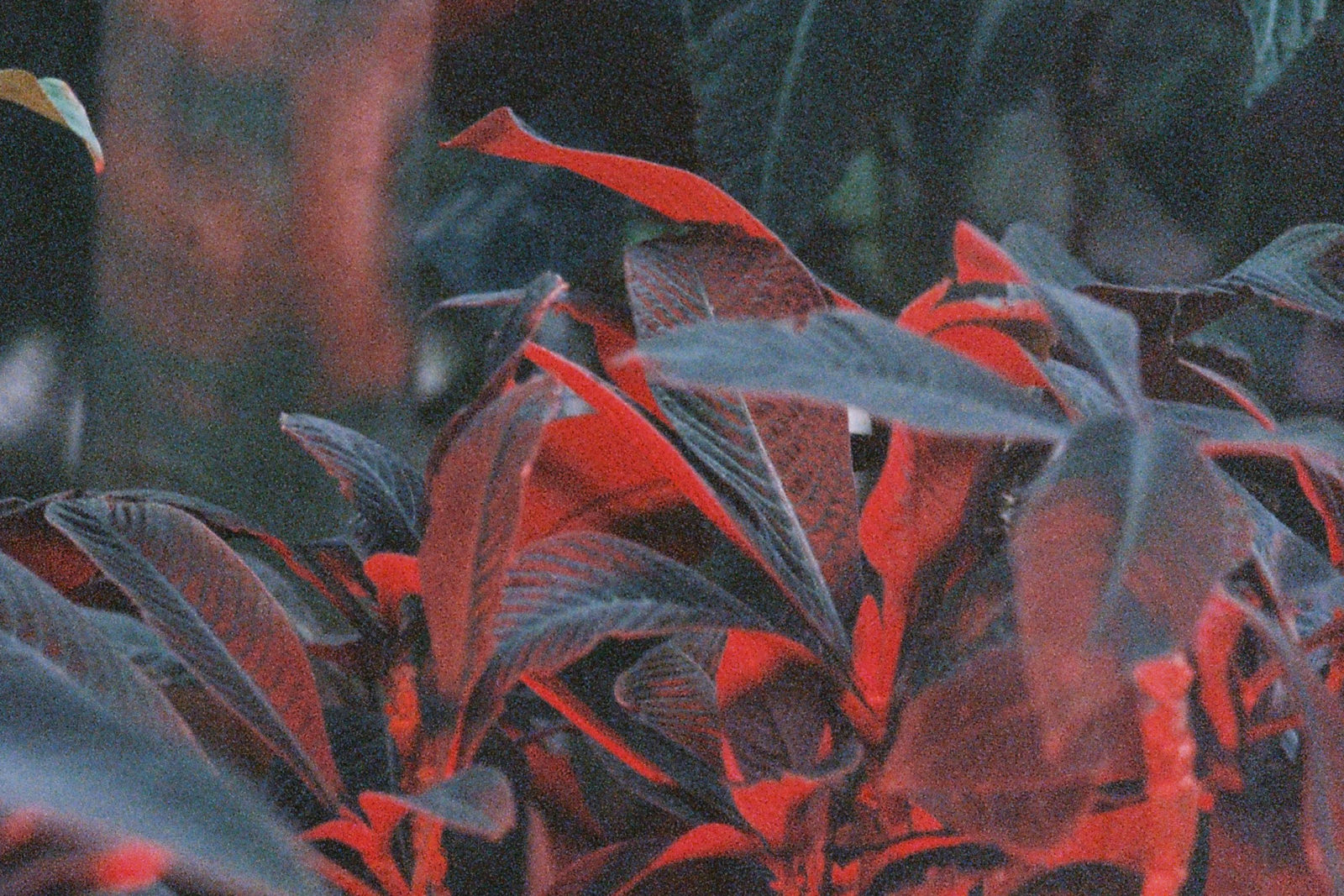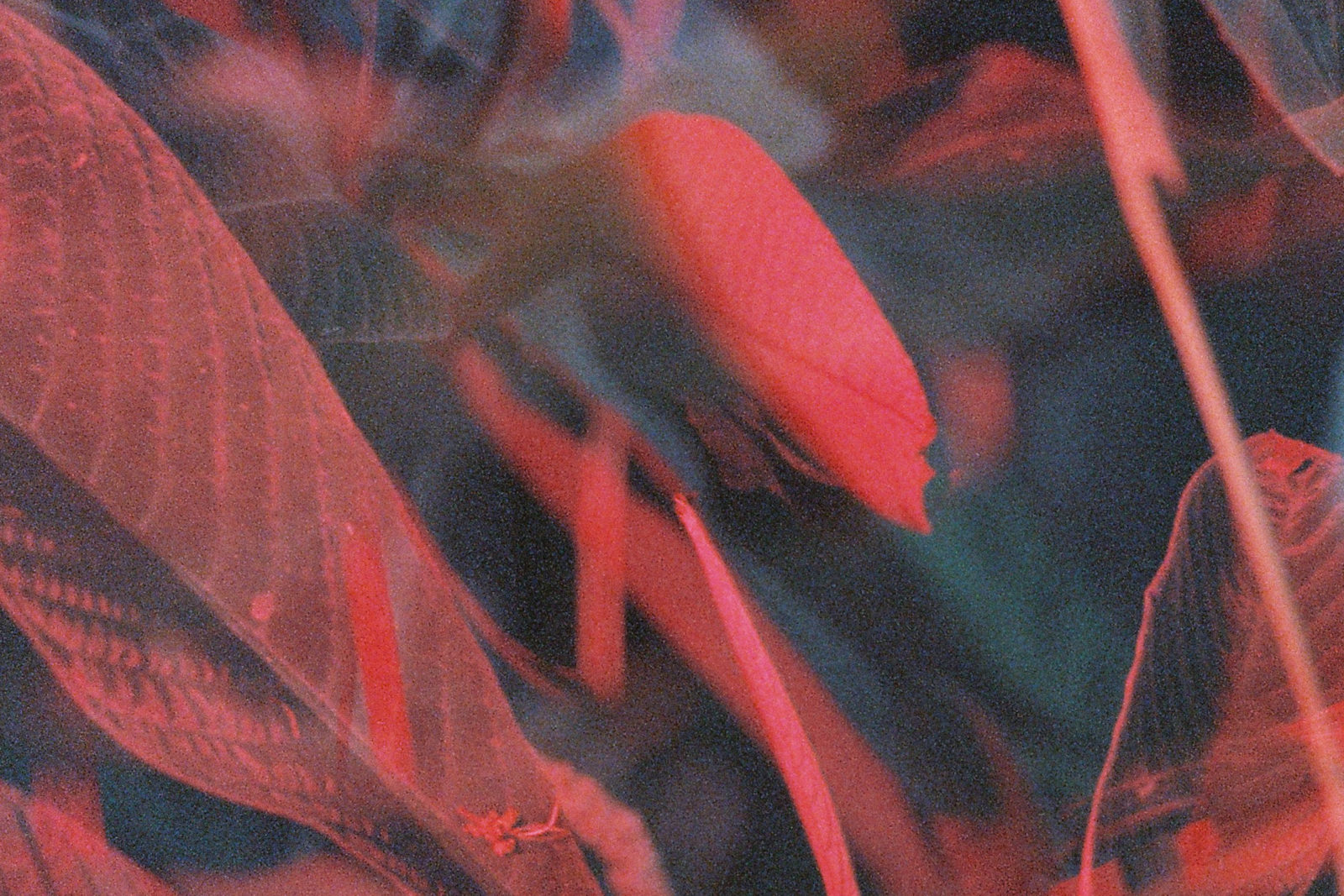De-planned
My life through a lockdown

As a young child, I couldn’t seem to fall into blissful sleep easily. I would often stay up in bed, tossing and turning till the late hours of night, planning the exact details of the next day. I would try to remember the funny joke I heard from one of my parents, so that I could re-tell it to my best friend on the playground during break. I would revise some of my school assignments “just in case” we had a pop quiz, and I would double-check that my pencils were sharpened and that the lid of my favourite pen was tightly shut so it wouldn’t dry up.
The bottom line is, I wanted to be prepared for anything and everything, and I fretted over perfecting the little aspects of the following day.
Then, the more I grew up, the more detail-oriented I became. I had dozens of planners, dozens of plans. Big dreams for myself and my future. I knew what I wanted to do. I chose my circle of friends carefully and monitored my yearly growth with even more care, whether it was academically, spiritually, career-wise or even fitness-related.
The more I grew up, the more detail-oriented I became.
Then, it all came tumbling down on me on March 12 of last year, when I had to cut short a long-anticipated workshop on economic journalism because Covid-19 cases were on the rise and Lebanon was going into a lockdown.
I had no choice but to leave Beirut, by now a ghost-like place, as people went to hide in the safety of their villages or homes, away from the city and the virus. I headed to my village as well, and that is when I knew that my agendas couldn’t come with me.
My career and future plans were on hold. My health was at risk amidst a global pandemic. My safety net – my close friends – were out of reach. I was alone and for the very first time ever I had only empty days ahead: nothing to plan, nothing to prepare for, nothing to perfect. And that is when I had a long overdue conversation with myself.
That is when I had a long overdue conversation with myself.
I remember the first time I heard the term ‘pandemic’, which was in sixth grade. It seemed like a strange concept to me back then, but I remember my social studies teacher assuring us, saying that: “Pandemics are not that common. Most probably we won’t live to see one in our lifetime.”

I often spent my afternoons after school sitting cross-legged on my bed reading fictional novels, articles, poems or gawking at celebrity magazines, and in between that, I would dream.
I have known that I wanted to write for a living since I was in fourth grade. It only seemed reasonable. To do that, I figured I had to craft a plan. My Arabic teacher once told us that you have to read 1,000 poems before you become a great poet.
So I started reading. I read history books, novels, poems and more poems. I went through the children’s encyclopedia at my school several times. I read the memoirs of kids’ authors and took notes from their journeys, keen on following their footsteps.
I read history books, novels, poems and more poems.
That’s how I ended up graduating at the top of my class in journalism school and writing for both local and international media outlets.
But I couldn’t go anywhere without my planners. I carefully jotted down my story ideas and the people I had to interview. I wrote down the exact time and location I had to meet friends for coffee; I wrote down work meeting times, important birthdays and so on. I was truly convinced that this was the only way to get things done.
However, while quarantining in my family home in the mountains – just trying to relax, even as the pandemic spread quickly over the world – I found myself unable to live in the unknown.
I knew that I had to change my ways, for my own sanity.
So I started waking up at my own pace every day, with my alarms shut off.
I knew that I had to change my ways, for my own sanity.
I started each day by first watching the local and then the international news. One thing always stood out: the economy and health systems everywhere were suffering.
First class hospitals in first world countries, top destinations for elite patients, were failing horribly. This was a world I couldn’t understand or make sense of, and I did not know how to prepare for what was unraveling before my eyes.

Each morning I knew that I had long days ahead of me, so I set up a routine that I vowed I will stick to: I was going to postpone planning to post the pandemic, and just binge on Netflix for the meantime.
I wasn’t going to think of any upcoming projects, workshops or conferences. I wasn’t going to stress over brainstorming for possible story ideas, and worrying over getting suitable interviewees for my reports. I wasn’t going to fret over polishing and re-polishing my CV over and over again. I wasn’t going to religiously update my LinkedIn profile.
And that’s exactly what I did for the first few weeks. Until I began to feel claustrophobic.
It wasn’t like I couldn’t stay in a closed room. It was more like I thought that I was going to be locked in my home for long days ahead, and the future looked meek and gloomy.
What if a vaccine was never created?
What if we got stuck in our homes for two years while scientists worked on the vaccine? What if a vaccine was never created? And what if it was, but Lebanon wouldn’t receive it because of the inadequacy of the government?
Looking back at my concerns back then, I can now see that I wasn’t thinking straight, but at that time I felt helpless from the way things were going.
As the days went by, I was forced to look a bit further into why I was feeling this way.
I realised that it was probably because I had almost always limited my own exposure to uncertainty, in fear of not being able to cope with the fast-paced world.
Those three months in the village simply doing what I wanted – waking up when I wanted to, not rushing anywhere, spending all day in my pyjamas – rejuvenated my soul and recharged me.
But as the first quarantine period came to an end in Lebanon at the end of May 2020, I felt relieved to finally be able to control my life to some degree again.
I appreciated the things I once complained about in Beirut: the nerve-wrecking traffic, the kids in my neighborhood always quarrelling over who won the latest football game, and my fully booked schedule.
I didn’t whine and nag as much as I did before, whenever I had a busy day or worked extra hours.
I viewed people around me who live day-by-day differently.
I viewed people around me who live day-by-day differently: as people who decide to keep their peace of mind at strange and troubling times, and I began to value the strength that comes with that.
Sometimes growth happens in a vacuum, it just took me a long period of contemplation to realise it.
I’m writing this as Lebanon continues to be in yet another lockdown due to a new surge in Covid-19 cases. I definitely feel a little bit calmer about not being in control this time, despite everything that is happening, and that is always something.
Can I say that I am a different person now? I guess not.
However, can I say that I am a different person now? I guess not. I came to accept that this is who I am, and who I always was. But I also came to realise that it is okay to sometimes let loose a bit, and allow life to happen outside of my control. I don’t always have to be behind the wheel. Well, some of the time anyway.
Inner migration was produced as part of the 2020-2021 Switch Perspective project, supported by GIZ. All illustrations by Aude Nasr.






